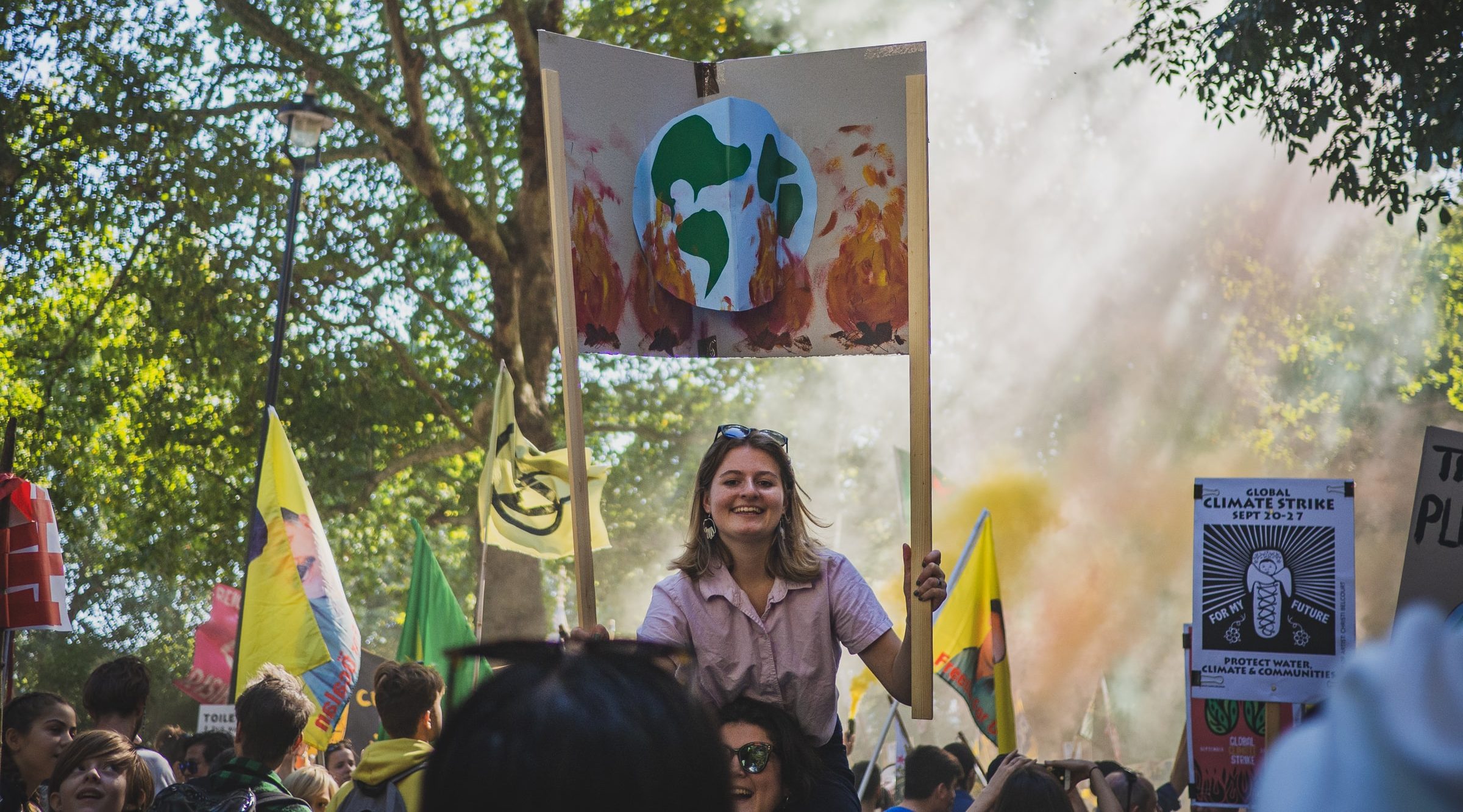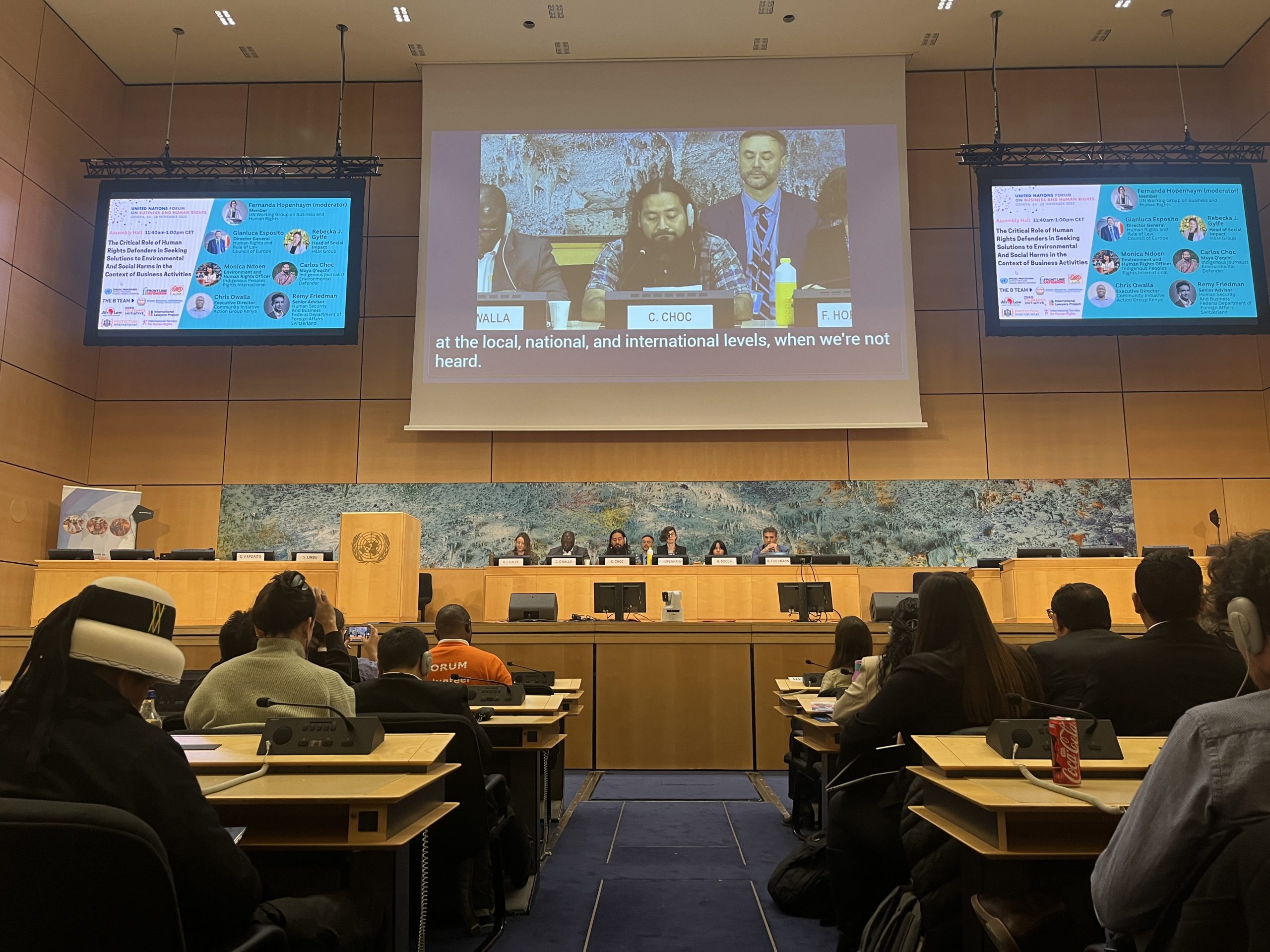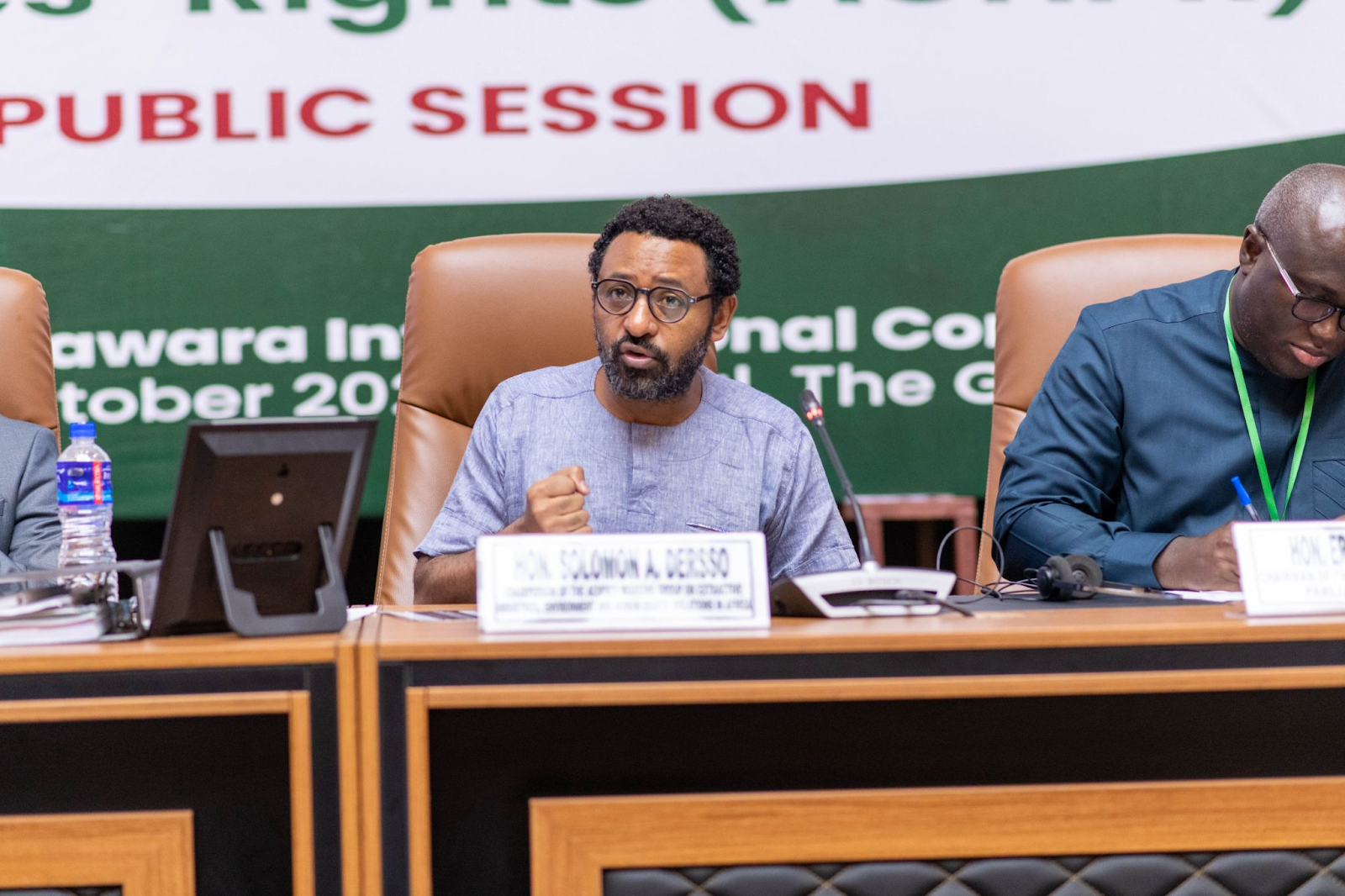Human rights defenders are at the forefront of protecting their communities, the environment and key natural resources that maintain the balance in our planet. A balance that is under worsening threat. Data is clear: there is a trend of increasing attacks against human rights and environmental defenders across all regions. Globally, 604 attacks on activists working on business-related human rights issues were recorded in 2020, despite or because of the vital work they are doing so that their communities can live on their land in a healthy, sustainable manner.
Many attacks on human rights defenders are linked to business activities, with private actors either directly perpetrating the abuses or failing to act against imminent and predictable business-related harm. The situation is especially concerning in the extractives and agribusiness sectors.
Demand for natural resources is at an all-time high and continues to grow, while environmental degradation and loss of biodiversity advances. At this pace, if the global population continues to grow as predicted, by 2050 we would require three planets to provide the natural resources that currently sustain our way of living. Economic sectors linked with the exploitation of natural resources tend to be at the forefront of human rights abuses globally, such as extractive, oil and gas or those businesses linked to sectors fueling the so-called fourth industrial revolution, such as batteries or solar panels.
Moving towards a zero-carbon economy becomes indispensable. However, this transition should not be encouraged at the expense of human rights or harm to local communities. The transition towards renewable energy sources is an opportunity to address serious socio economic issues, but it has also become a threat to human rights, as abuses linked to renewable energy projects are becoming increasingly frequent.








